A new Pew Research Center poll is out, and it’s confirming what we’ve suspected all along: the partisan divide is widening.
If the 2016 election was any indication, Americans are more opposed than ever when it comes to political party and the issues important to individual voters.
The complete poll contents can be found here. Topics covered include immigration, foreign policy, economic fairness, global warming, religion, and gender, just to name a few.
When it comes to personal relationships and friendships with those who subscribe to a different worldview, animosity is apparent. And it’s not just one side of the aisle that is less than excited about mixing with “the others.”
Republicans and Democrats both say their friend networks are predominantly made up of people who are like-minded politically.
Overall, 57% of those who identify as Republicans say a lot of their close friends are also Republicans, while another 21% say some of them are. An even larger share of Democrats (67%) say a lot of their close friends are Democrats; an additional 18% say some of their close friends are members of their own party.
By contrast, far fewer partisans say they have friends in the opposing party. About four-in-ten Republicans (39%) say they have a lot or some friends who are Democrats; most Republicans (55%) say just a few or none of their friends are Democrats.
Even fewer Democrats (31%) have at least some friends who are Republicans. About two-thirds of Democrats (64%) have just a few or no Republican friends.
I could go on about how many members in one of these groups often declare that they prize diversity and tolerance, but I won’t. As we all know, such diversity isn’t really intellectual diversity, so it matters little.
Why don’t Republicans and Democrats have many friends who hold fast to the other political party? As the poll results show, both sides view their ideological opponents with increased negativity.
As noted in the Center’s 2014 study of political polarization, Republicans and Democrats have long had negative opinions of the other party. But in the past, more partisans had mostly unfavorable views than very unfavorable views.
This is no longer the case. About eight-in-ten Democrats and Democratic-leaning independents (81%) have an unfavorable opinion of the Republican Party, based on an average of surveys conducted this year – with 44% expressing a very unfavorable view. Two decades ago, a smaller majority of Democrats (57%) viewed the GOP unfavorably, and just 16% held a very unfavorable view.
The share of Republicans with highly negative opinions of the Democratic Party has followed a similar trajectory. Currently, 81% of Republicans and Republican leaners have an unfavorable impression of the Democratic Party, with 45% taking a very unfavorable view. In 1994, 68% of Republicans had a negative view of the Democratic Party; just 17% had a very unfavorable opinion.
Last month, a separate Pew Research Center study found that most Republicans and Democrats also had negative views of the members of the opposing party. Majorities in both parties rated each other “coldly” on a 0-100 thermometer scale. Republicans and Democrats rated each other more coldly than they did in December 2016.
That’s quite the jump in a little over two decades.
Despite the binary election where a good portion of the electorate voted for a candidate because of who they weren’t (the lesser of two evils idea), a slim majority still claims either political affiliation over the other because of what they represent.
While partisans increasingly express highly negative views of the other political party, most Republicans and Democrats say the reason they affiliate with the political party of their choice is more because they are for what it represents rather than against what the other party stands for.
Overall, 53% of Republicans and Republican leaners say they consider themselves Republicans or lean to the party more because they are for what the GOP represents. Still, about four-in-ten (43%) say it is more because they are against what the Democratic Party represents.
Views among Democrats are similar: 56% of Democrats and Democratic leaners say they consider themselves Democrats or lean to the Democratic Party more because they are for what the party represents, compared with 40% who say it is more because they are against what the Republican Party represents.
However, among both the Republican and Democratic coalitions, those who identify with a party are much more likely than those who lean to a party to say their identity is influenced by support for their own party. By 65% to 31%, Democratic identifiers say they consider themselves Democrats more because they are for what their party represents than against the Republican Party. By contrast, 56% of independents who lean toward the Democratic Party say their affiliation has more to do with being against the Republican Party; 41% say it’s more about being for the Democratic Party. Among those who affiliate with the Republican Party, 59% of identifiers, compared with 45% of leaners, say they affiliate with the GOP more because of what the party represents.
It’s safe to say the political arena has become more vicious in recent years. Instead of measured discourse, those involved in political discussions quite often fill their speech with vituperation. It’s not enough to counter an argument; the opponent must be savaged with words.
We live in a social media world where Twitter and Facebook rants are common. Add to that a 24-7 news cycle and abundance of talking heads, and the environment is ripe with tension and miscommunication.
With President Trump at the helm and “resist!” protesters often filling the streets, displays of geniality to and from other Americans isn’t expected to increase in the near future.
Sadly, this is the time when we need it the most.

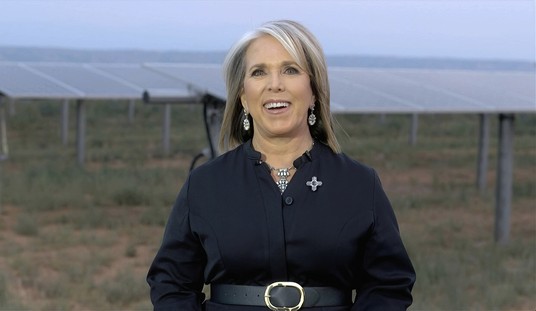
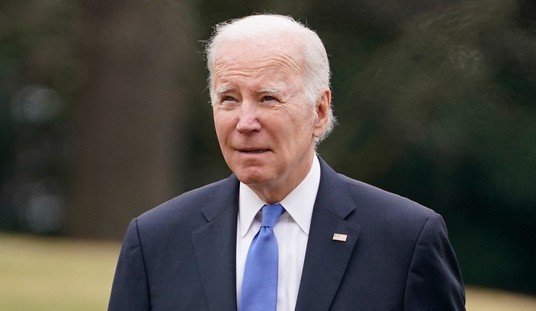




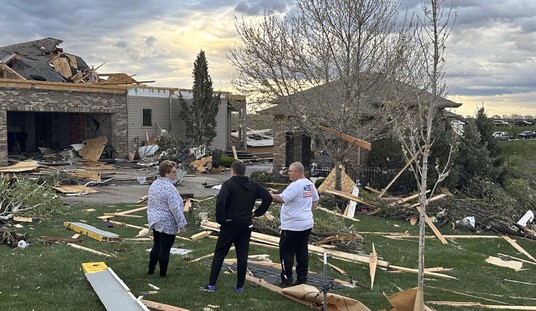
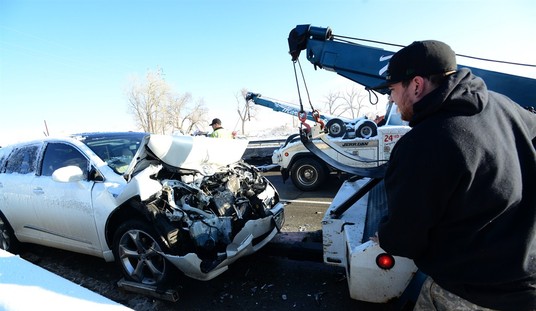



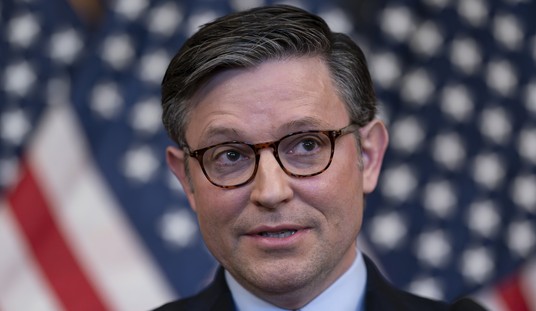
Join the conversation as a VIP Member